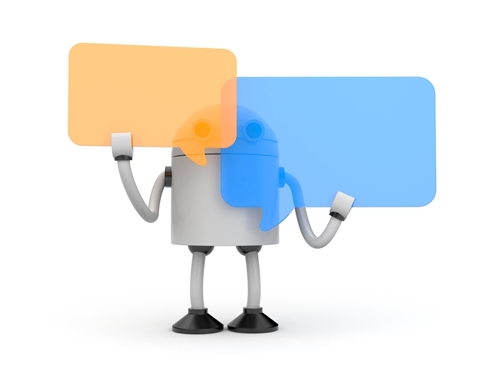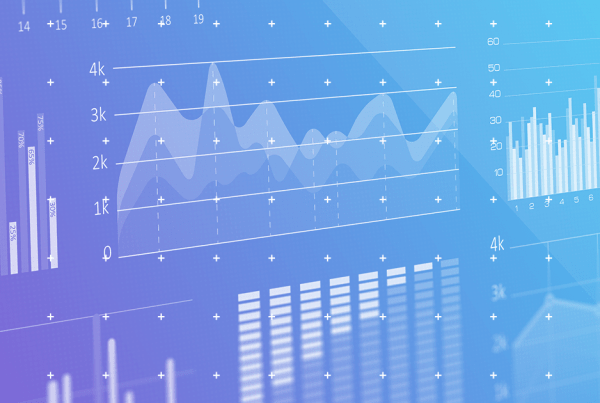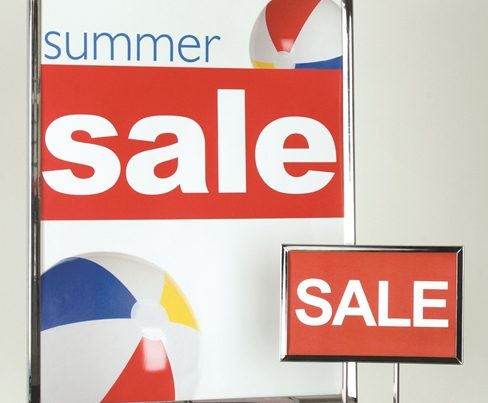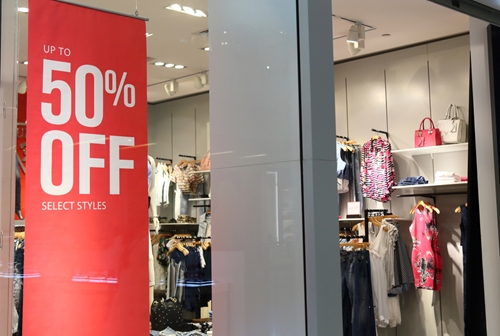When people are on vacation, they want the best care for their money. This usually means personalized service as opposed to automated routines, but as predictive analytics gets better and more practical, automation can deliver the same personalization as talking with a human being. This is why Hilton is able to use a robot to greet guests, according to Newsweek.
Hilton uses the data processing power of IBM's Watson supercomputer to anticipate and respond to consumers request through a humanoid form. Guests can walk up to the small robot and ask it a question. The intelligent system will then search through datasets and automatically select a helpful response.
This is an advanced example of hospitality performance management systems being used to recognize common consumer needs, and preparing fast and accurate solutions. In the near future, hotels should expect to see similar examples and make plans to investigate the benefits of big data analytics.
Providing intelligent hospitality
The hospitality industry is built on providing service. To stay competitive in the coming years, brands will have to find ways to provide care and special treatment that is more convenient and personalized than other chains. This means being smarter with available resources and investing in innovative solutions.
"Guests get answers as soon as the need them."
Wired magazine detailed how many organizations currently use solutions like IBM's hospitality management system software to anticipate the demand of certain demographics. With this information and automated data processing features, businesses can personalize offers or instantly communicate with audiences who show interest in digital materials.
The end result is guests get answers as soon as they need them. They also see information particular to their demands and can trust the hotel to send dependable information. This not only provides convenience and attentive care, but it also helps the business reduce waste and prioritize resources.
The future of hotels
While many of these automated interactions are conducted online through platforms like social media, hotel websites and mobile apps, BizTech magazine said it may not be long until responsive computing options will be standard in high-end hotel rooms.
In the near future, guests may be able to make requests using the mirror in their hotel bathroom or have an environment that responds instantly to their physical preferences. Improved data processes will use the Internet of Things to collect information on each consumer, and predictive modeling tools will deliver results through connected devices.
A mirror that talks to guests may be a little bit off for smaller hotels, but businesses of every size can make use of the data readily available in the current hospitality industry.






